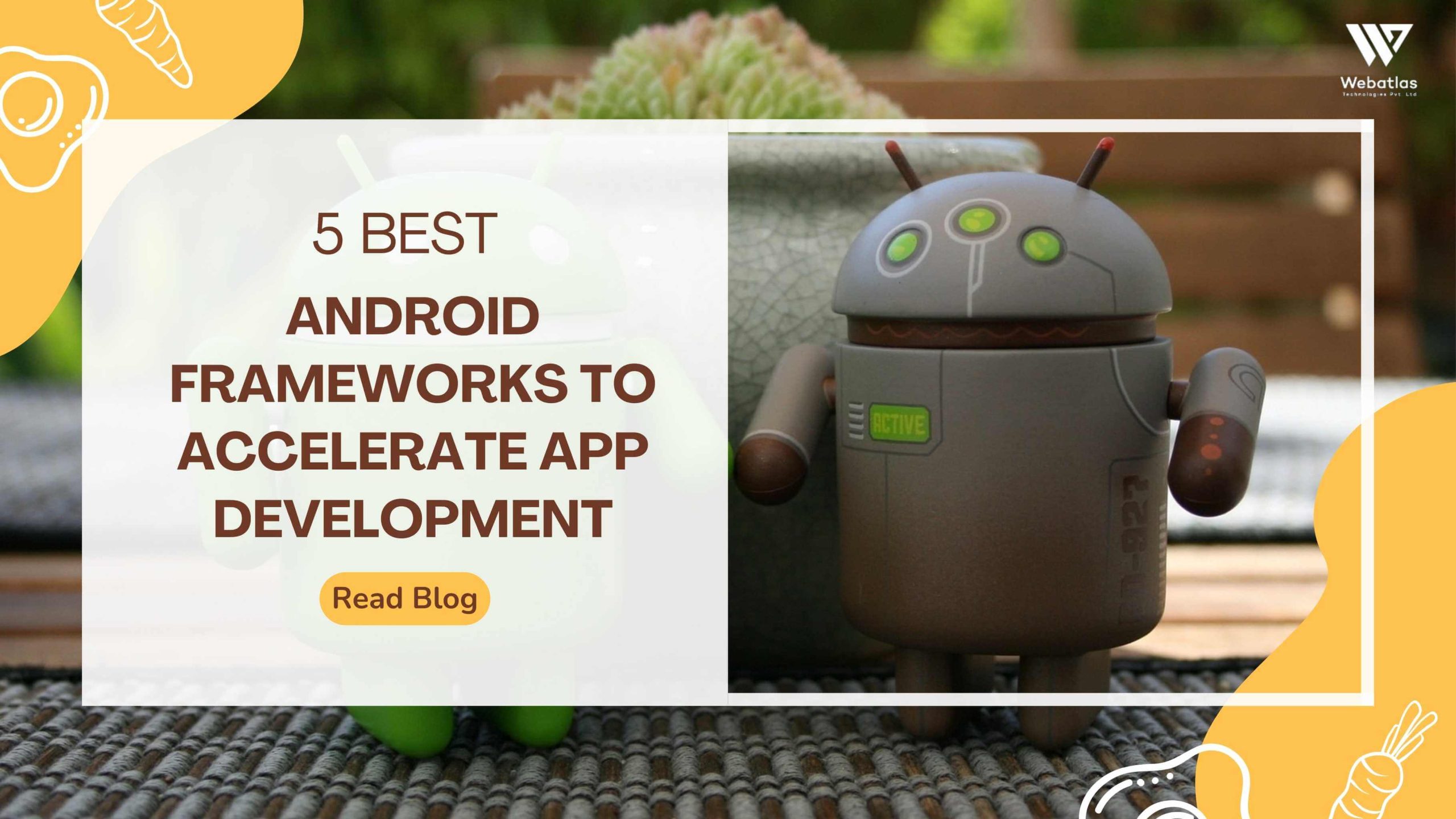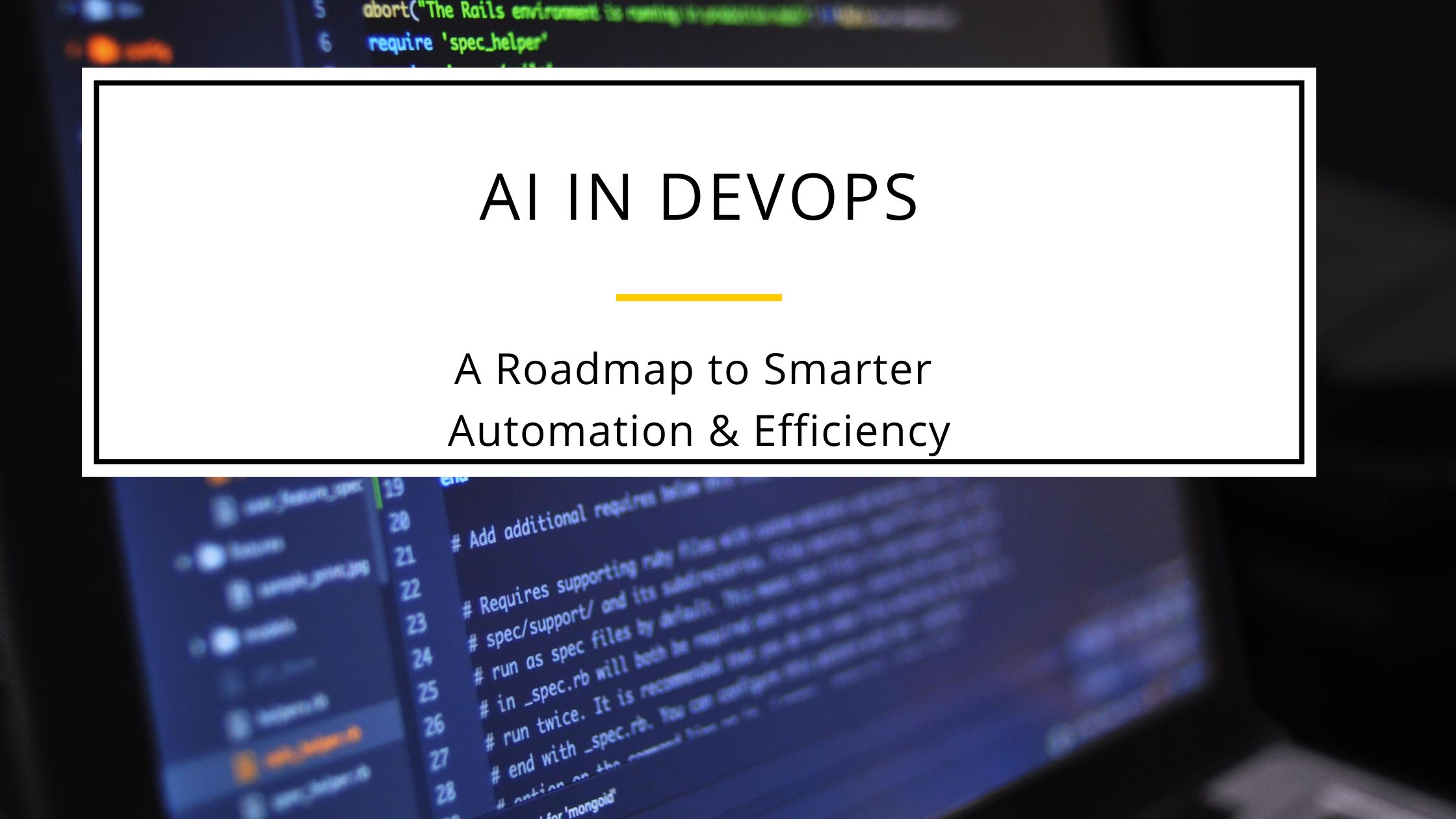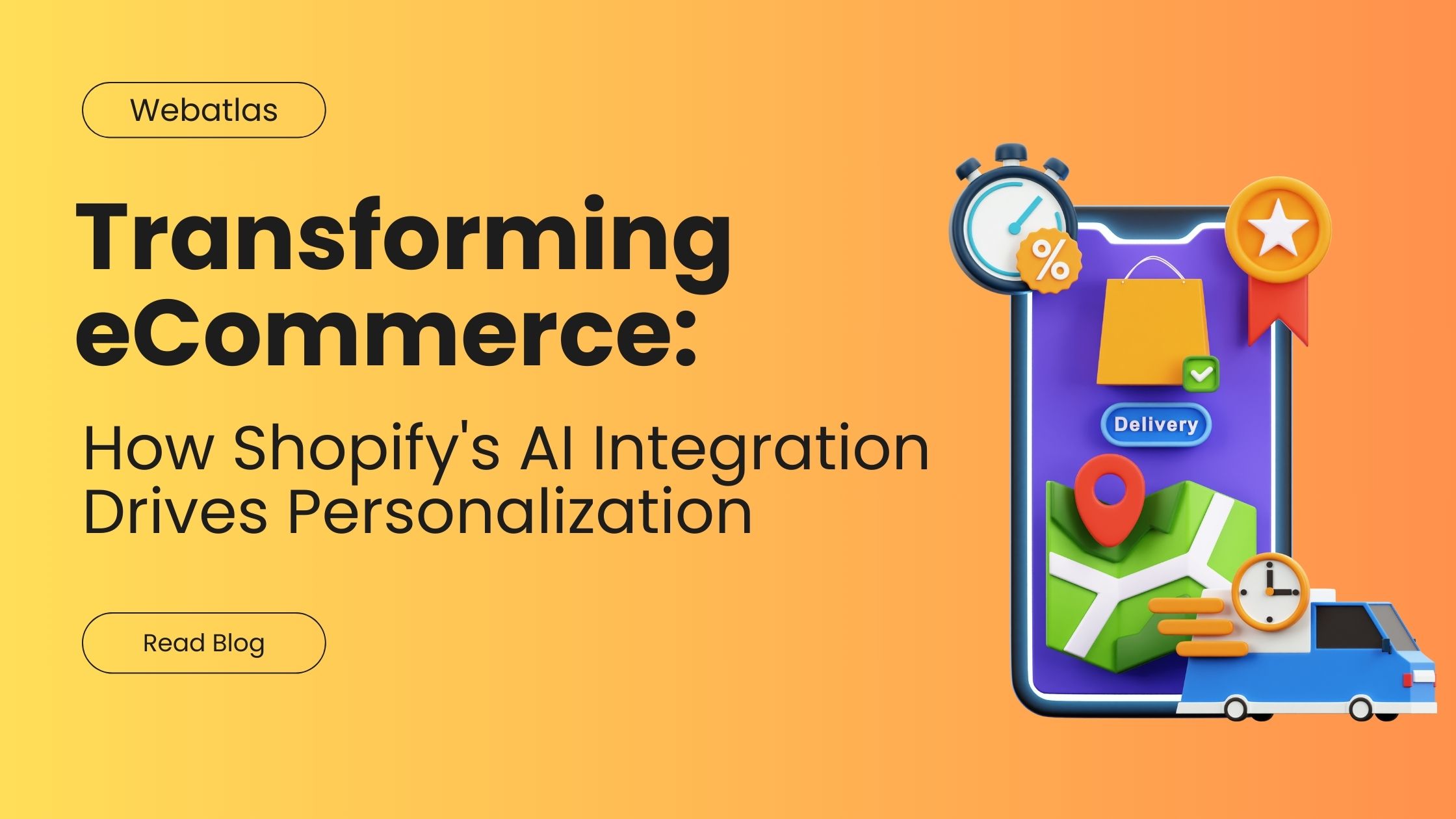Top 5 Android Frameworks to Accelerate App Development in 2025

The ever-growing demand for Android apps has developers and businesses seeking faster, more efficient ways to build high-quality applications. The choice of development framework plays a pivotal role in speeding up the app development process while ensuring scalability and performance. With new advancements in technology, 2025 brings several powerful Android frameworks that can significantly reduce development time without sacrificing the user experience or app functionality.
In this article, we’ll explore the top 5 Android frameworks that developers should consider to streamline their app development workflows and deliver high-performance apps faster. These frameworks are designed to help developers accelerate the coding process, improve cross-platform compatibility, and provide the tools needed to build robust applications.
1. Flutter
Flutter, developed by Google, continues to set the benchmark for mobile app development, particularly for Android and iOS. Flutter allows developers to write a single codebase that runs on multiple platforms, speeding up development time and cutting costs. The framework’s ease of use, extensive pre-built UI components, and the powerful “hot reload” feature make it one of the best choices for Android development in 2025.
With Flutter, developers can quickly see the impact of their changes without restarting the app, which speeds up debugging and testing. This level of efficiency is crucial when deadlines are tight and performance must remain top-notch.
Key Features:
- Single codebase for Android and iOS apps.
- Real-time “hot reload” feature for fast iterations.
- Rich libraries of widgets for seamless UI development.
- Strong community support and regular updates.
For developers looking to accelerate mobile app development, Flutter offers a unique combination of speed, ease, and flexibility while delivering near-native performance. Its growing popularity and robust support from Google ensure that it will remain a top choice in the coming years.
2. React Native
Developed by Facebook, React Native has been a game-changer for mobile app development. By using JavaScript and React, developers can write apps that run on Android and iOS with the same codebase. React Native is particularly popular for Android development because of its ability to create high-performance, native-like apps quickly.
React Native’s extensive library of third-party plugins and pre-built components makes the development process more efficient. It also integrates well with native code, allowing developers to leverage platform-specific features without rewriting entire applications.
Key Features:
- JavaScript-based framework with a single codebase for Android and iOS.
- Support for native modules, ensuring native-like performance.
- Large ecosystem of third-party plugins and libraries.
- Strong community and extensive documentation.
React Native has remained a dominant player in the mobile development landscape for a reason. Its cross-platform capabilities, combined with the simplicity of JavaScript, make it an excellent framework for speeding up Android app development without compromising quality.
3. Kotlin Multiplatform Mobile (KMM)
Kotlin Multiplatform Mobile (KMM) is gaining traction as a top framework for Android developers who want to share code between platforms while keeping the flexibility and performance of native development. KMM allows you to write platform-specific code only where it’s necessary and share the rest, reducing duplication of effort across Android and iOS development.
Unlike other cross-platform solutions, KMM doesn’t force you to compromise on the native experience. It uses Kotlin, the preferred language for Android development, ensuring that the performance and features of native apps are maintained.
Key Features:
- Allows for shared business logic while retaining native UI.
- Kotlin-based, ensuring seamless Android integration.
- Gradual code sharing—start with small shared modules and expand over time.
- Full access to Android and iOS APIs.
KMM is perfect for developers who want to speed up app development without giving up the performance and native capabilities that come with Android’s Kotlin-first approach.
4. Jetpack Compose
Jetpack Compose is Google’s modern toolkit for building Android UIs, and it’s set to revolutionize how developers build user interfaces in 2025. Jetpack Compose uses a declarative approach, allowing developers to define their UI programmatically. This dramatically simplifies the process of building complex interfaces, reducing boilerplate code and accelerating development time.
One of Jetpack Compose’s key benefits is its integration with Kotlin, making it easier for Android developers to adopt while maintaining all the advantages of Android’s native performance and tools.
Key Features:
- Declarative UI development that reduces code complexity.
- Built-in compatibility with Kotlin.
- Seamless integration with existing Android architecture components.
- Simplifies UI updates with a reactive programming model.
Jetpack Compose is particularly beneficial for teams looking to speed up the development of Android UIs, as it streamlines the process of creating interactive, dynamic user interfaces.
5. NativeScript
NativeScript is an open-source framework that enables developers to build truly native apps for Android and iOS using web technologies like JavaScript, TypeScript, and Angular. NativeScript stands out because it provides direct access to native APIs via JavaScript, allowing for native-like performance and features without needing to dive into platform-specific languages.
By offering a single codebase with access to native Android functionality, NativeScript accelerates the development process while ensuring that the final product feels fully native to the Android ecosystem.
Key Features:
- Direct access to native APIs using JavaScript or TypeScript.
- Support for popular web frameworks like Angular and Vue.js.
- Native UI rendering for high-performance apps.
- Single codebase for cross-platform development.
NativeScript’s flexibility makes it a strong contender for teams that want to speed up mobile app development, especially when building apps that need to leverage both web and native technologies.
Why WebAtlas Excels in Mobile App Development
At WebAtlas, we have a proven track record of delivering high-quality, high-performance mobile apps across industries. Our team specializes in mobile app development, leveraging the most advanced frameworks like Flutter, React Native, and Kotlin Multiplatform to create powerful and scalable Android apps tailored to your business needs.
With extensive expertise in Android development, WebAtlas ensures your app is built with a focus on speed, user experience, and performance. We help businesses accelerate their development timelines by selecting the right framework and utilizing our deep knowledge of software testing services to ensure that your app is optimized for any platform it runs on.
Whether you’re looking to build a complex enterprise solution or a customer-facing mobile app, WebAtlas offers comprehensive development and testing services to ensure your app meets the highest standards.
Conclusion
As Android development continues to evolve, using the right framework is critical to accelerating the development process. The top Android frameworks for 2025, including Flutter, React Native, Kotlin Multiplatform, Jetpack Compose, and NativeScript, offer developers the tools to build high-performance, scalable apps quickly.
By partnering with a seasoned expert like WebAtlas, you can take full advantage of these cutting-edge frameworks to develop Android apps that not only meet your business goals but also deliver a superior user experience.
Recent Post
Let's talk about your project, or just come and say hello!
Webatlas Technologies is the fastest growing web and mobile app development company



